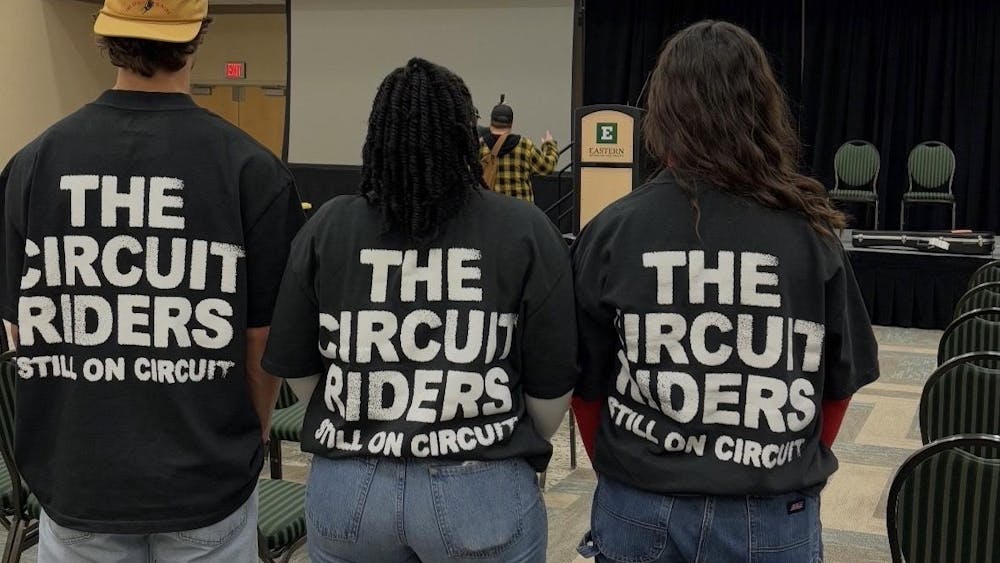Next month will mark the 20th anniversary of a mass poisoning in this country that almost everyone has forgotten. But for all Americans who use dietary supplements today, the lessons to be learned from this tragic event are certainly worth remembering.
In late 1989, thousands of people across the country purchased pills containing an over-the-counter dietary supplement called Tryptophan – a vital amino acid found in foods like turkey and bananas. What they didn’t know was their pills were contaminated with one of the most lethal human poisons ever created.
The pains inflicted upon the victims of this disaster were wide-ranging and horrific. Agonizing joint swelling, burning skin rashes, loss of motor skills, blindness and coma were just a few of the diverse symptoms of this new disease, which doctors eventually named Eosinophilia Myalgia Syndrome.
Dozens of Americans were killed and thousands more suffered permanent disability after swallowing tainted Tryptophan pills. The U.S. Food and Drug Administration reacted by banning all Tryptophan sales in this country for more than 10 years – even though the poisoned product was eventually traced back to a single source.
The manufacturer responsible for this medical nightmare was Showa Denko K.K., a giant Japanese industrial company with a decades-long history of reckless, criminal behavior.
For reasons the company has never explained, Showa Denko produced a number of Tryptophan batches without sufficient carbon filtering. It also used an experimental, genetically modified bacterium in the production process – every trace of which has since been destroyed by Showa Denko employees.
But what is most shocking about the EMS outbreak is Showa Denko knew these batches were contaminated and yet still shipped them to customers around the world.
Every country that received these shipments of toxic Tryptophan rejected them. In response, Showa Denko assembled all the shipments and sent them to the one country it knew would not test Tryptophan for purity – the United States.
In 1989, Tryptophan was considered a ‘dietary supplement’ in the U.S. and was not held to the same safety and effectiveness standards the FDA set for pharmaceutical drugs. Safety and purity concerns for dietary supplements were deemed to be the manufacturer’s responsibility. Amazingly, this is still the absurd judgment of American law today.
The current federal legislation that purports to regulate the manufacture and marketing of dietary supplements in the U.S. is the Dietary Supplement Health and Education Act. This act was passed by a Republican-controlled Congress in 1994 and signed into law by Bill Clinton – a president who, among his many other passions, enjoyed an overly ardent affection for Big Business.
Numerous public opinion polls taken in 1994 indicated most voters considered strengthening oversight of the dietary supplement industry to be a good idea. But the wording of DSHEA was massively influenced by pharmaceutical industry lobbyists and actually resulted in weaker regulation of this burgeoning international business.
Today, when American consumers shop for vitamins, minerals and herbal medicines, most of us probably assume these products have been tested by the FDA and found to be safe and effective. This is simply not the case.
According to the U.S. National Institutes of Health’s Office of Dietary Supplements, “manufacturers do not have to provide FDA with evidence that dietary supplements are effective or safe … Once a dietary supplement is marketed, FDA has to prove that the product is not safe in order to restrict its use or remove it from the market.”
In other words, Americans have to start getting sick before federal law allows the FDA to pull a dietary supplement off the market. This provision, among many others in DSHEA, is not only laughably illogical, it’s an obvious threat to the health of U.S. consumers.
The callous poisoning of Americans in 1989 and the pitiful collapse of U.S. regulation in the wake of the Tryptophan disaster were made even more personal issues for me last week by the death of a close friend from complications resulting from EMS.
Timothy John Chandler was a remarkable, 48-year-old man who endured two decades of painful EMS symptoms with amazing humor until finally losing his battle with the illness on Oct. 25 at his home in Davison, Mich. He fought tirelessly to raise awareness of this forgotten disease through his work with his doctors and with the National EMS Network.
If Americans hope to benefit from dietary supplements, and to depend on their safety and efficacy in the future, we simply must strengthen the inadequate regulation of these products currently provided by DSHEA.
When shopping for dietary supplements, I urge everyone to remember not only the high price paid by EMS victims but also the danger American consumers will continue to face until we impose meaningful new regulation on this powerful industry.
Let’s not allow the forgotten victims of EMS to have suffered in vain.








